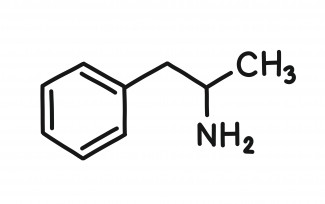Published by / Citation
McGovern, R., Smart, D., Alderson, H., Araújo-Soares, V., Brown, J., Buykx, P., Evans, V., Fleming, K., Hickman, M., Macleod, J., Meier, P., & Kaner, E. (2021). Psychosocial Interventions to Improve Psychological, Social and Physical Wellbeing in Family Members Affected by an Adult Relative's Substance Use: A Systematic Search and Review of the Evidence. International journal of environmental research and public health, 18(4), 1793. https://doi.org/10.3390/ijerph18041793
The use of alcohol and drugs is a significant public health concern and is prevalent in families. Over 100 million people are thought to be affected by a close relative's substance use, with many experiencing negative health and social consequences. Additional associated stressors, such as interpersonal conflict, financial issues, the burden of care, and family conflict, frequently increase the multi-dimensional impact of substance use. Moreover, there is evidence of a link between substance use and intimate partner violence and abuse, both in the offender and the victim, as well as a link...
